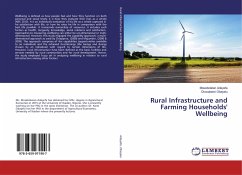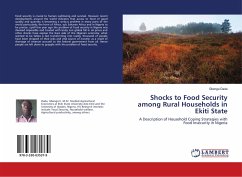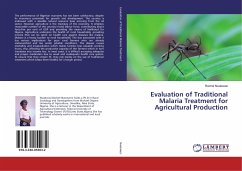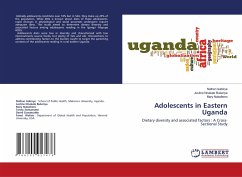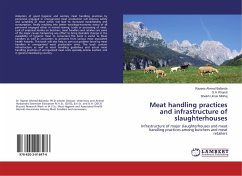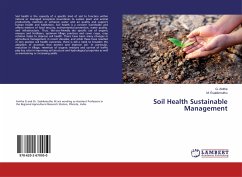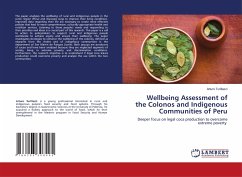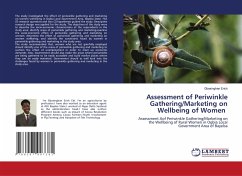Wellbeing is defined as how people feel and how they function on both personal and social levels; it is how they evaluate their lives as a whole (NEF, 2012). It is an individual's evaluation of his life as a whole captured in his satisfaction with life, or how he rates his life in comparison with the best life possible. It transcends ownership of resources, it includes such factors as health, longevity, knowledge, social relations and satisfaction. Approaches to measuring wellbeing can either be uni-dimensional or multi-dimensional. However, this study engaged the capability approach; a multi-dimensional approach as used by Chiappero, (2000) and Majumder, (2006 & 2009). The approach comprises of the capabilities (opportunities available to an individual) and the achieved functionings (the beings and doings chosen by an individual) with regard to certain dimensions of life. However, rural infrastructure have been defined as the basic facilities and services needed by rural communities and for rural development. Hence, the study employed fuzzy set in analyzing wellbeing in relation to rural infrastructure among other factors.
Bitte wählen Sie Ihr Anliegen aus.
Rechnungen
Retourenschein anfordern
Bestellstatus
Storno

